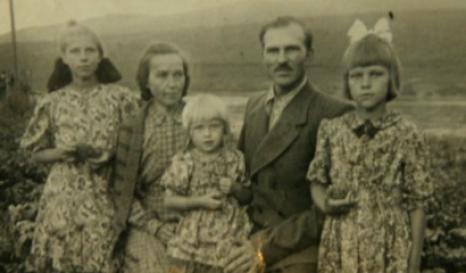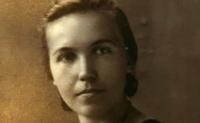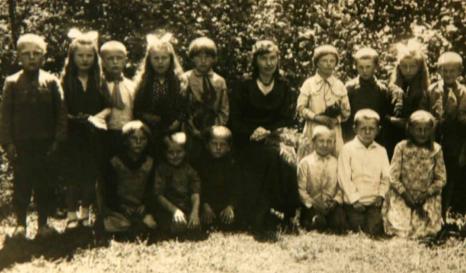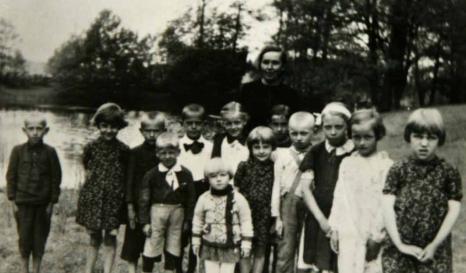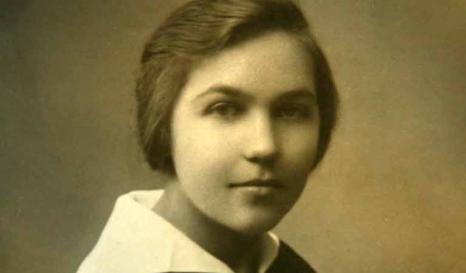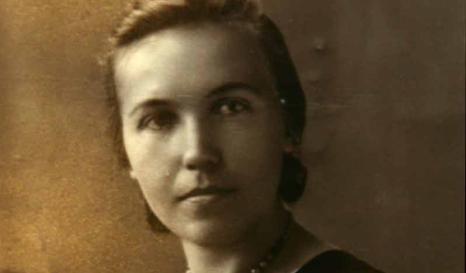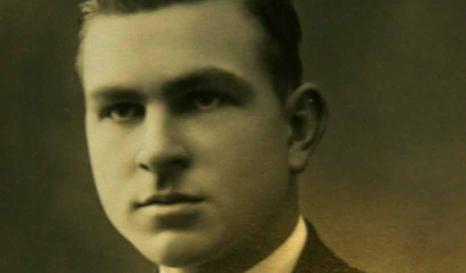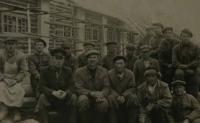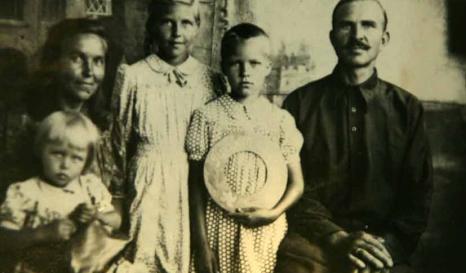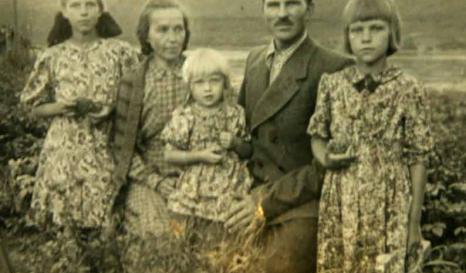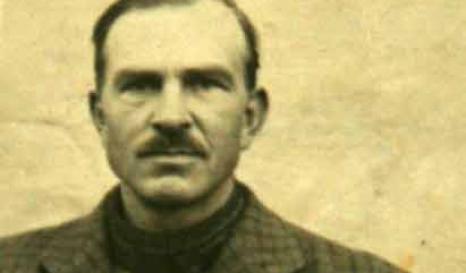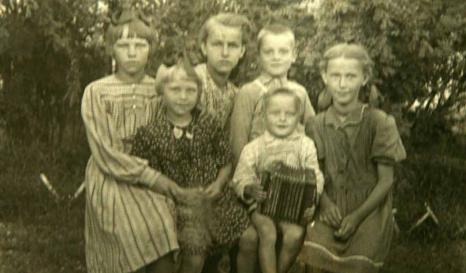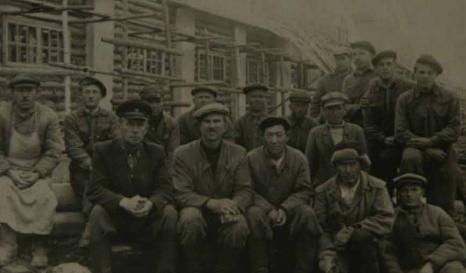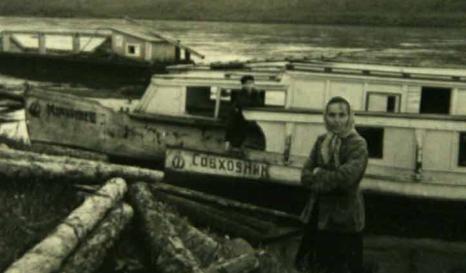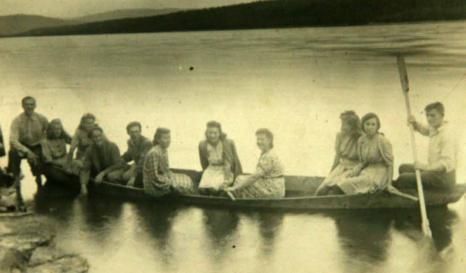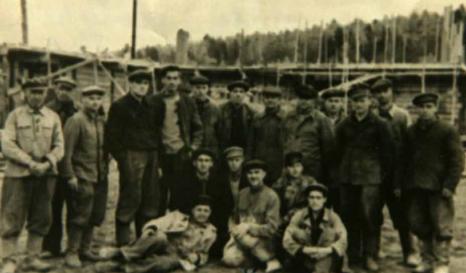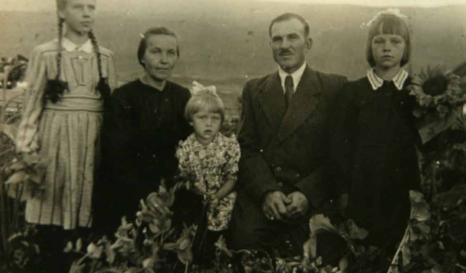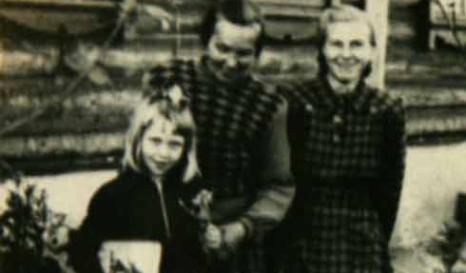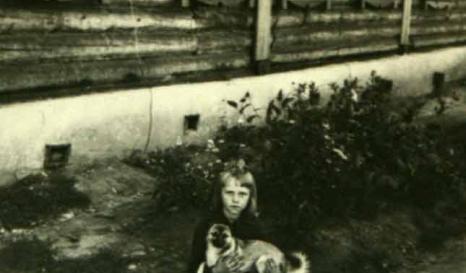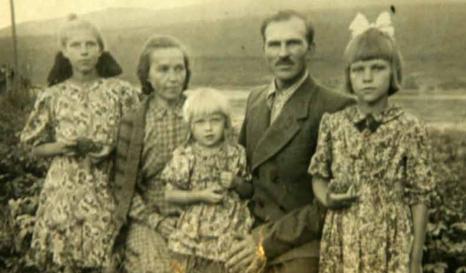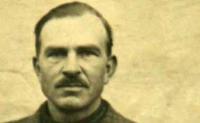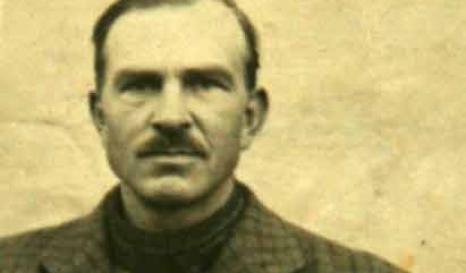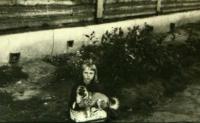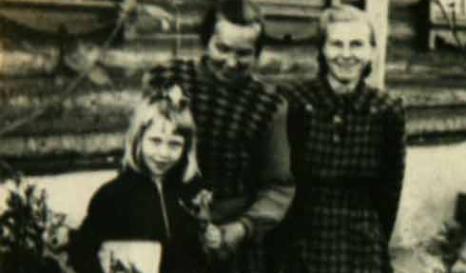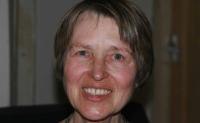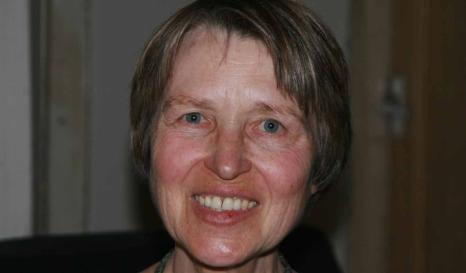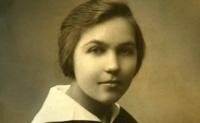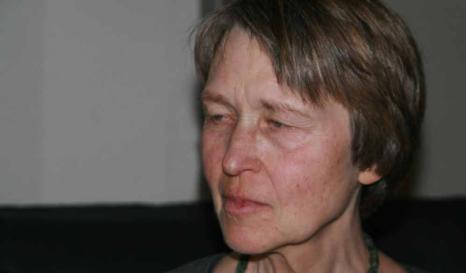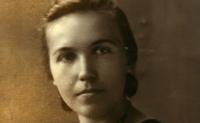BioGraphy
Marytė KONTRIMAITĖ
Marytė Kontrimaitė was born in Vilkaičiai in Soviet Lithuania in 1947. In 1948, her parents were included on a list of people to be deported. They managed to hide for a year and then in 1949, they were arrested and sent with Marytė to Siberia. She was only two years old. During the journey, a guard in the military escort, seeing her lying motionless, decided she was dead and asked her father to throw her off the train. Her father refused point blank and demanded a doctor’s opinion. The guard found a deported doctor in another wagon, and he saved her.
When they got to the Irkutsk region, they were placed in the village of Bodaybo. The doctor who had saved Marytė on the train was deported to the same place and helped them on a number of occasions when they were ill. They lived in communal huts. Marytė’s father used his skills as a handyman to work for some of the local people. As a result, the family lived more comfortably. Her mother, who had been a primary schoolteacher in Lithuania, set up a free school for the Lithuanian children, teaching them in that language.
In 1956, her parents sent her back on her own to Lithuania. She travelled to Plungė, the market town near her native village, where her aunt, who had been wired, was supposed to meet her on the station platform. There was no one, she started to call out for the police to come and tell her where to go, but a railway employee told her to be much more discreet and took her to her relatives’ house. At the start she was disappointed, because all she knew of Lithuania came from children’s books, and she had imagined a country with flowers everywhere, even in the fir trees.
She attended secondary school then university, and went to work in Yerevan, Armenia, where she settled. She formed some illusions about the regime during the Khrushchev Thaw, but was soon disenchanted, and the Soviet invasion of Czechoslovakia put an end to her idealism. Then she came back to work in Lithuania and now lives in Vilnius.
The interview with Marytė Kontrimaitė was conducted in 2011 by Alain Blum and Emilia Koustova.



